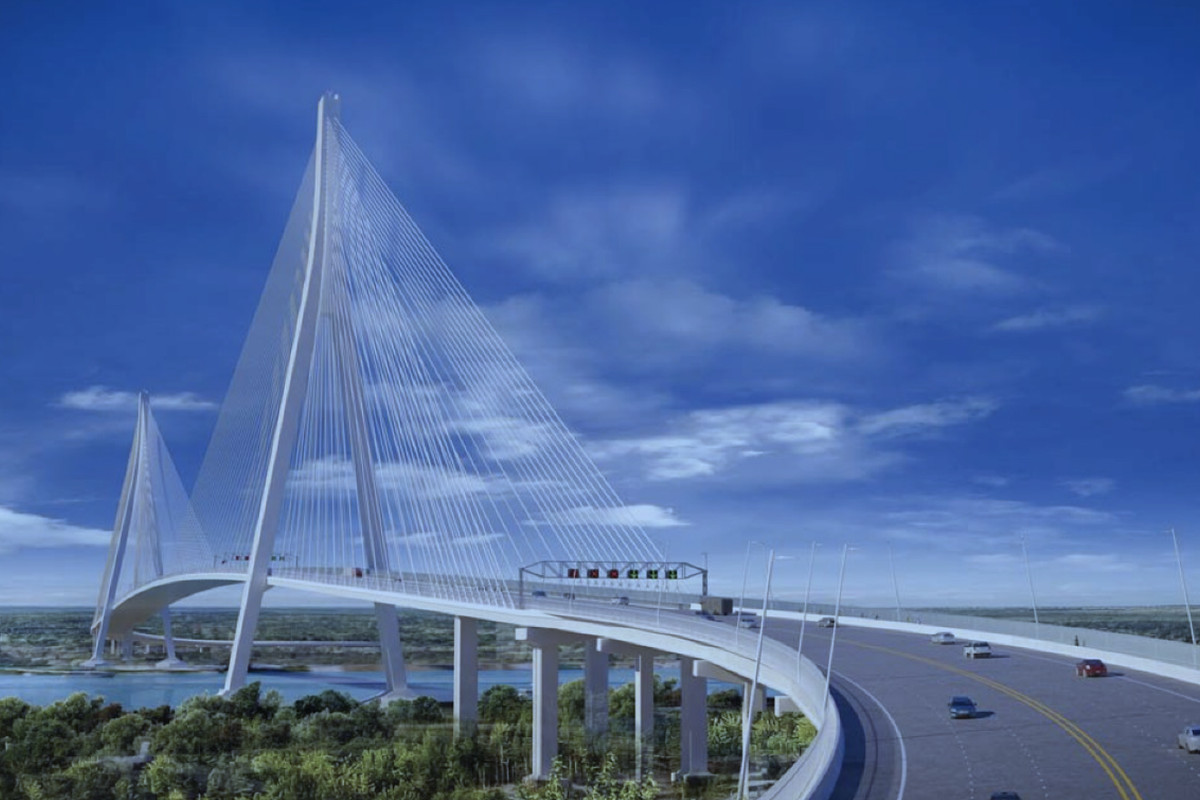Possible Trade War Between U.S. and Canada could Hit New Howe Bridge
A member of the Canadian Parliament says despite tit-for-tat tariffs, tax money should still be available to build a new bridge between Detroit and Windsor, Ontario.

The group in charge of creating a new span between Detroit and Windsor, Ontario says it has selected a company to build and operate the bridge.
But a brewing trade war between the U.S. and Canada could complicate the construction work.

The Windsor-Detroit Bridge Authority chose a consortium of companies known collectively as Bridging North America to oversee the new span.
The team building the Gordie Howe International Bridge must also deal with a political divide.
Canada is beginning to impose tariffs on U.S. goods in retaliation for the Trump Administration’s new taxes on steel and aluminum imports.
Those materials are vital to building the new span.
But a member of the Canadian Parliament says a possible trade war between his country and the U.S. should not delay construction of a new bridge between Windsor and Detroit.
Windsor West M.P. Brian Masse says no matter where the tax money comes from to build the Howe Bridge, the funding will still be in the hands of the two nations involved.
“It’ll basically be a wash back to government coffers in terms of money (and) revenue they would get from taxes on these things,” he says. “And so it could just be returned to the project via a different way.”
Masse says he has pushed to have the products and workers used to construct the bridge come mainly from the U.S and Canada.
He says that effort is more important now than ever.
“This should be North American built, not only the materials like steel but also the men and women who will be doing the work,” Masse says. “I see this as very much a bi-national bond between Canada and the United States, even despite some of the colorful challenges we have now.”
Masse adds that Canada will still cover the cost of building the span and expects to be reimbursed from tolls collected at the bridge.
The total cost is forecast to be anywhere between $2 billion and $4.5 billion.
